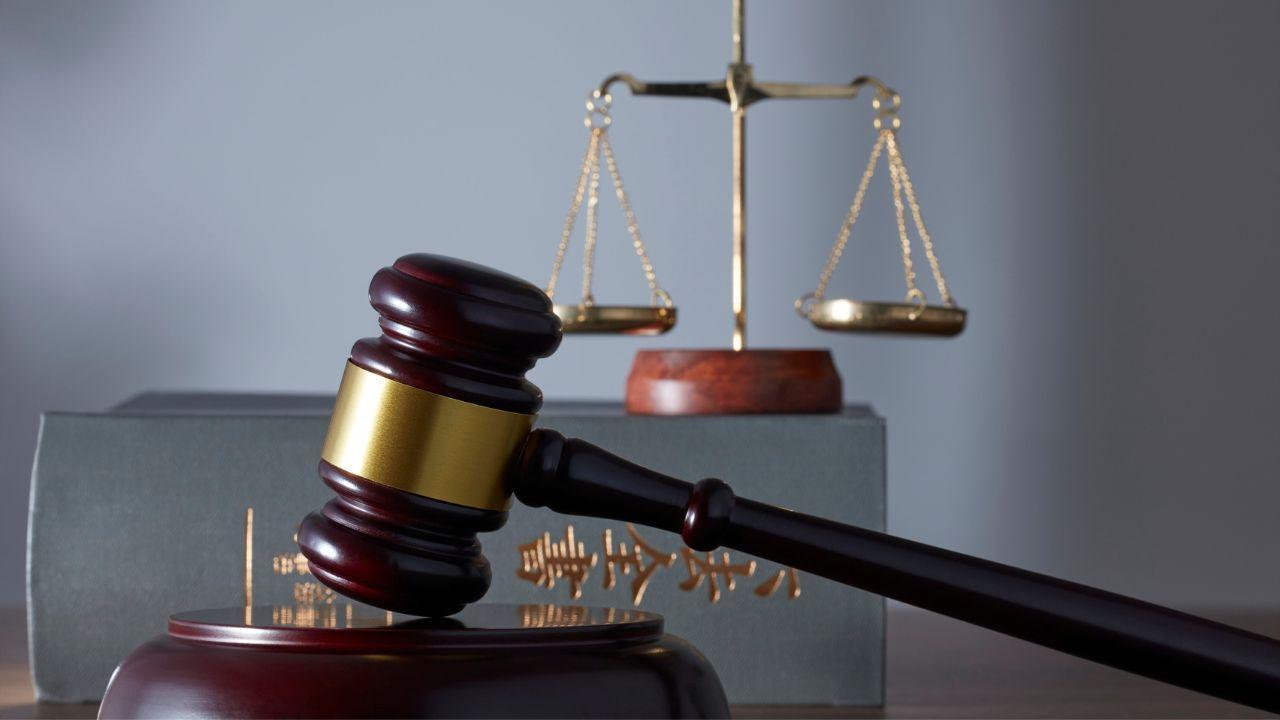
Post by : Vansh
The phrase New World Order has often been used to describe moments in history when global power structures undergo dramatic changes. Today, we are once again witnessing such a transformation, as nations grapple with shifting alliances, economic rivalries, technological revolutions, and mounting security challenges. In this complex environment, international relations are defined not only by cooperation but also by increasing turmoil. Understanding these changes is crucial to predicting where the future of global politics may lead.
The idea of a New World Order is not new. After World War II, the establishment of the United Nations and the dominance of the United States marked the beginning of a new era of diplomacy and cooperation. Later, the end of the Cold War in the 1990s brought another shift, with the U.S. emerging as the sole superpower. However, this unipolar moment was short-lived. Globalization, rising economies, and regional conflicts have since paved the way for a more multipolar world where no single nation holds absolute dominance.
Today, multipolarity is a defining feature of global politics. The United States still plays a central role, but China’s rapid economic and military growth has created a rival power center. Russia continues to assert its influence, particularly in Eastern Europe and the Middle East, while the European Union remains a major player in trade and diplomacy. Meanwhile, emerging economies such as India, Brazil, and South Africa are demanding greater representation in international institutions. This diversity of powerful actors makes the global stage more competitive but also more unstable.
The global economy is at the core of this new order. Trade wars, sanctions, and supply chain disruptions highlight the turbulent nature of geopolitics in the modern era. The U.S.-China trade rivalry exemplifies how economic competition has become a tool of foreign policy. At the same time, new trade agreements like the Regional Comprehensive Economic Partnership (RCEP) are reshaping economic alliances across Asia. Energy politics also play a major role, as nations seek control over vital resources such as oil, natural gas, and rare earth minerals that fuel modern technology.
No discussion of the New World Order would be complete without addressing technology. From artificial intelligence to 5G networks, technological innovation has become a measure of national power. Countries that lead in digital transformation will hold significant influence in global decision-making. However, this technological race has also created conflicts. Cybersecurity threats, digital espionage, and debates over internet governance are reshaping how diplomacy and defense are conducted. Technology is no longer just a tool—it is now a critical weapon in the struggle for global dominance.
The world is also grappling with renewed security challenges that threaten peace and stability. From the conflict in Ukraine to territorial disputes in the South China Sea, these crises highlight the fragility of international cooperation. Terrorism, nuclear proliferation, and cyber warfare add further layers of complexity to international relations. Unlike the rigid alliances of the Cold War, today’s security environment is far more unpredictable, requiring nations to adapt rapidly to shifting threats and partnerships.
Despite the turbulence, some challenges demand collective action. Climate change is one of the most pressing global issues, forcing countries to cooperate regardless of political differences. International agreements like the Paris Climate Accord demonstrate how diplomacy can bridge divides in pursuit of shared survival. However, conflicting economic interests and political resistance often slow progress, making it clear that environmental diplomacy is as much a battlefield as traditional geopolitics.
Another defining feature of the modern New World Order is the growing influence of non-state actors. Multinational corporations, international organizations, and civil society groups play a greater role in shaping global outcomes than ever before. For example, corporations that control digital platforms influence public opinion worldwide, while humanitarian organizations provide aid where governments fail. These actors complicate the landscape of diplomacy but also offer new pathways for cooperation and problem-solving.
Amid power struggles, the humanitarian dimension of global politics cannot be ignored. Refugee crises, poverty, and health emergencies such as the COVID-19 pandemic highlight the moral responsibility of nations to work together. Humanitarian aid, vaccine distribution, and disaster response showcase how diplomacy can extend beyond power games to serve humanity’s collective interests. Yet, political agendas often overshadow these priorities, creating tension between ethical responsibilities and strategic goals.
Looking ahead, the New World Order will likely be defined by both fragmentation and cooperation. Multipolarity will continue to dominate, with regional alliances becoming increasingly important. Technology and economic competition will remain at the forefront, while climate change and global health will demand collective responses. Whether the future brings more stability or greater turmoil depends largely on how nations balance competition with collaboration. The success of diplomacy in navigating these challenges will determine the shape of international relations for decades to come.
This article is for informational purposes only and reflects general perspectives on global affairs. It should not be taken as professional advice or an official stance of MiddleEastBulletin news. Readers are encouraged to explore multiple reliable sources before drawing conclusions.










Curry Powers Warriors to Nail-Biting 109-108 Victory Against Spurs
Stephen Curry's 49 points propel the Warriors to a dramatic 109-108 NBA Cup triumph over the Spurs,

India Advances to Semi-Finals After Thrashing USA in Women’s Blind T20 World Cup
India secured a dominant ten-wicket victory over the USA, advancing to the semi-finals in the Women’

South Africa's Early Advantage as India Struggles on Day Two
On Day Two, India reached 138-4 as South Africa took three early wickets, complicating matters with

Kenta Nishimoto Defeats Lakshya Sen in Japan Masters Semifinal
Lakshya Sen's journey in the Japan Masters ends after losing to Kenta Nishimoto 19-21, 21-14, 12-21

Kenta Nishimoto Defeats Lakshya Sen in Japan Masters Semifinals
Lakshya Sen's run at the Japan Masters concludes with a loss to Kenta Nishimoto in the semifinals, 1

Major IPL Trade: Jadeja Joins Royals as CSK Signs Samson
In a significant IPL trade, CSK has acquired Sanju Samson from Rajasthan Royals in exchange for Ravi